Publications
Articles, publications, books, tools and multimedia features from the U.S. Institute of Peace provide the latest news, analysis, research findings, practitioner guides and reports, all related to the conflict zones and issues that are at the center of the Institute’s work to prevent and reduce violent conflict.

Lauren Baillie on Accountability for Atrocities in Ukraine
Amid ongoing revelations of atrocities committed against Ukrainians at the hands of Russian forces, USIP’s Lauren Baillie says efforts to investigate and prosecute these crimes will require creativity and “the ability to think more broadly about how we bring perpetrators to justice and recognize the unique needs of victims.”

Lauren Baillie on the ICC’s Latest Warrants for Russian War Crimes
For the first time, the International Criminal Court has charged high-level Russian commanders with crimes against humanity — showing that Russia’s assault on civilians and civilian infrastructure in Ukraine is “not sporadic, it’s systematic, it’s purposeful, it’s part of a policy,” says USIP’s Lauren Baillie.
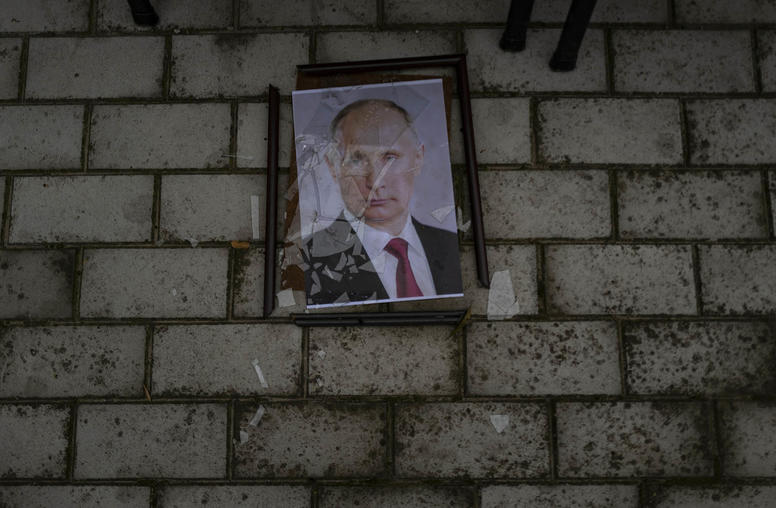
How the ICC’s Warrant for Putin Could Impact the Ukraine War
The International Criminal Court (ICC) announced last Friday that it had issued arrest warrants for Russian President Vladimir Putin and Presidential Commissioner for Children’s Rights Maria Lvova-Belova. According to a statement issued by the ICC, Putin and Lvova-Belova are alleged to have committed the war crimes of “unlawful deportation of population (children) and that of unlawful transfer of population (children) from occupied areas of Ukraine to the Russian Federation” beginning in at least February 24, 2022. USIP’s Lauren Baillie, Heather Ashby and Mary Glantz discuss the impacts of these warrants on Putin and on the war in Ukraine.
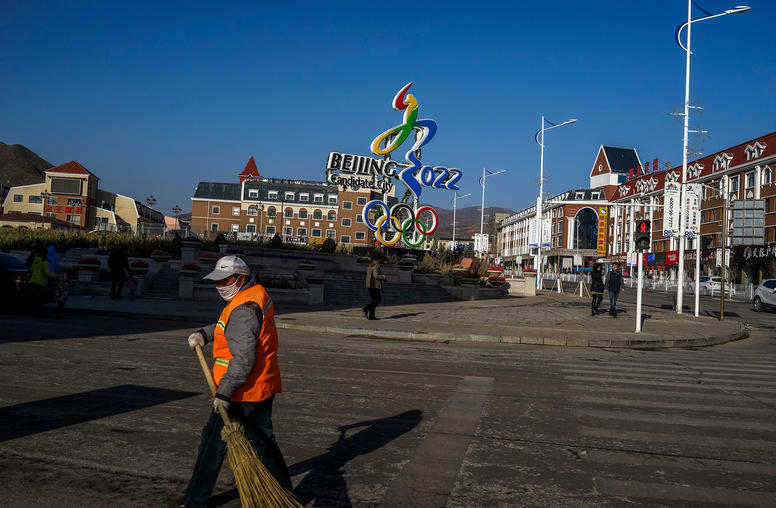
U.S. Diplomatic Boycott of Beijing Olympics: No Longer 'Business as Usual'
On Monday the Biden administration announced it would not send an official United States delegation to the Beijing Winter Olympic Games as a statement against China's "ongoing genocide and crimes against humanity in Xinjiang," as well as other human rights abuses such as in Hong Kong. U.S. athletes will still be allowed to compete in the Games, which start in February. USIP’s Lauren Baillie, Mirna Galic and Rachel Vandenbrink discuss the rationale behind the decision, how the boycott fits into the U.S. strategy surrounding the Uyghur crisis and how China and U.S. allies are responding.
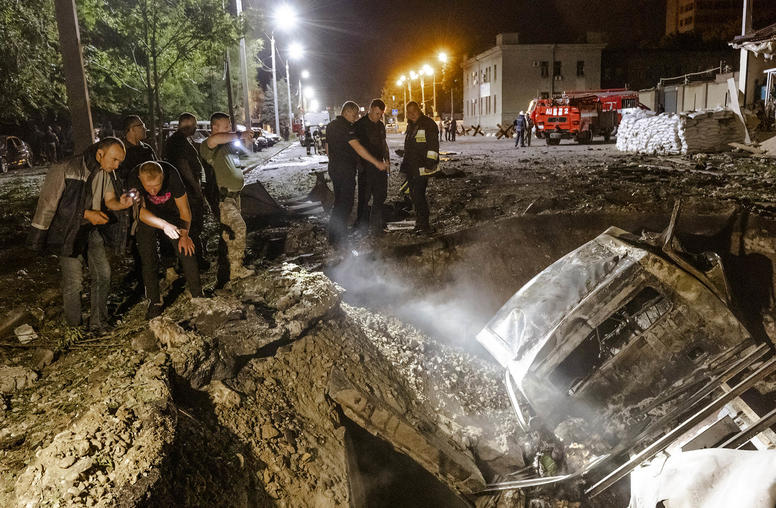
Five Ways to Make the U.S. Atrocity Prevention Strategy Work
From Ukraine to Ethiopia to Burma and beyond, people around the world suffer mass atrocities and the immense harm these crimes inflict on victims and survivors. Yet, the United States had no articulated strategy to prevent these atrocities — until now. In July, the Biden administration announced the “U.S. Strategy to Anticipate, Prevent, and Respond to Atrocities,” marking a hopeful moment. However, hard work remains to operationalize the strategy, including in maintaining the political will to realize an effective prevention agenda.
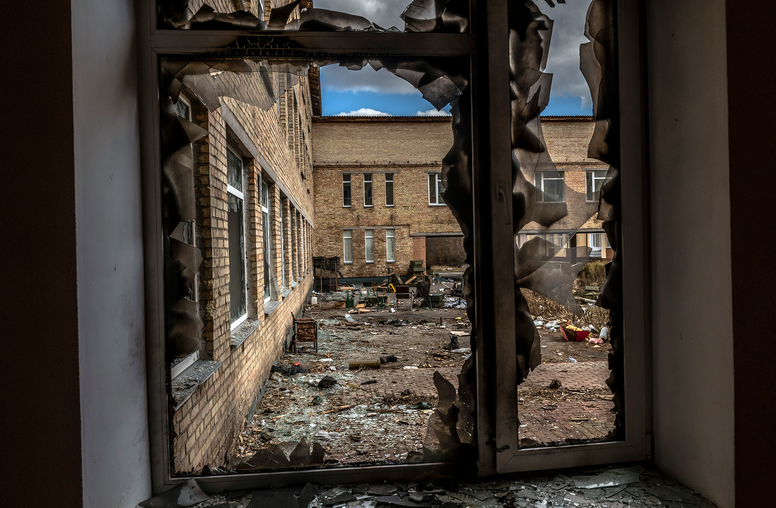
Will the Ukraine War Renew Global Commitments to the International Criminal Court?
The international response to Russia’s February 2022 invasion of Ukraine has resulted in the highest level of support for the International Criminal Court (ICC) since its creation 20 years ago. Forty-three states parties to the Rome Statute, the ICC’s foundational treaty, have referred the conflict to the Court for investigation. States — both state parties and non-state parties to the Rome Statute — have stepped up to support investigative efforts through financial resources and intelligence.
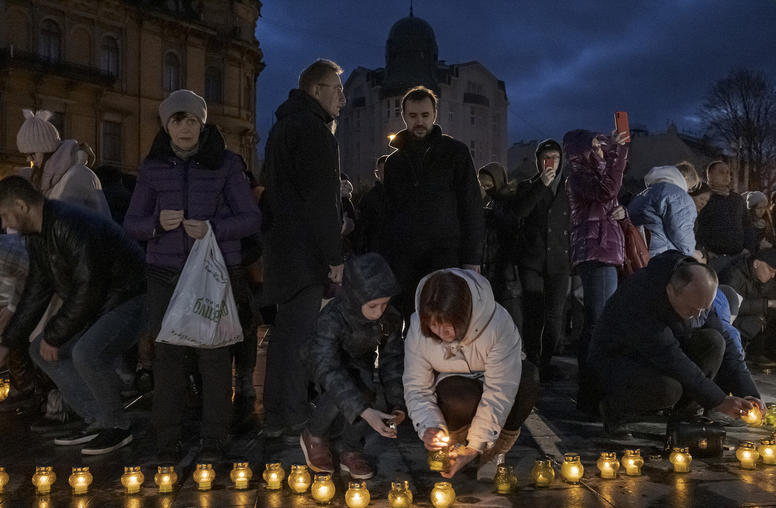
How to Achieve Accountability for Atrocities in Ukraine
Russia’s invasion of Ukraine has resulted in a remarkable alignment of international actors supporting accountability processes. The international community — states, regional bodies, civil society and the U.N. — has provided funding and expertise to the Ukrainian government and launched documentation and evidence collection efforts, fact-finding missions and criminal investigations into Russia’s invasion and the crimes committed against Ukrainian civilians. The progress made to date stands to advance the rights of Ukrainians and other vulnerable communities faced with aggressive state action. Moving forward, this united effort will require the coordination, creativity and sustained political will to ensure that perpetrators are held accountable, and that justice is delivered to victims.
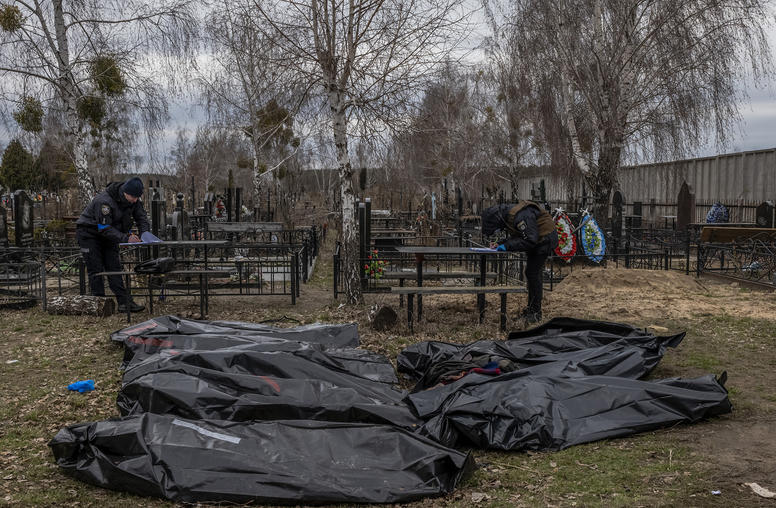
Ukraine: Justice for War Crimes Must Begin with Evidence
Photos and reporting emerging following the withdrawal of Russian forces from towns near Kyiv have triggered global revulsion, notably at the apparent summary execution of civilians. This initial evidence strongly suggests that Russian behavior in towns like Bucha and Irpin amounts to the widespread, systematic violence against civilians typical of atrocity crimes. World leaders have condemned the violence as war crimes, urging investigations and accountability. Ensuring eventual accountability for perpetrators and justice for victims means governments and others must quickly support the essential first step: the broadest possible collection of evidence.
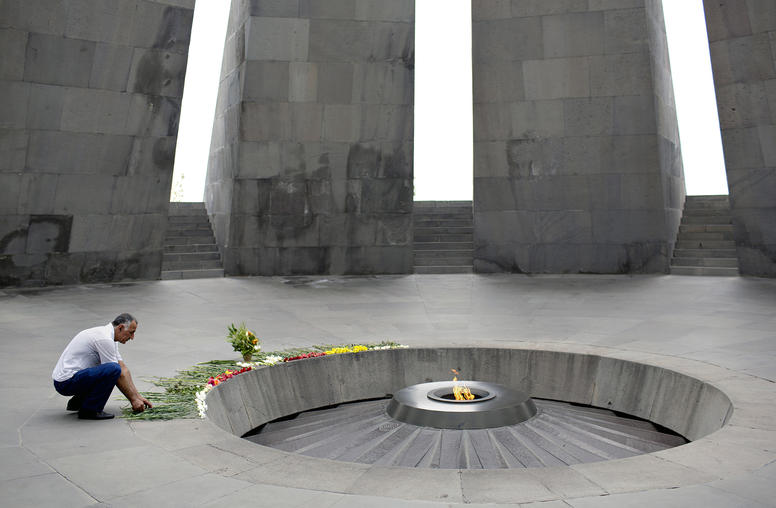
Why Biden’s Recognition of the Armenian Genocide Is Significant
On April 24, U.S. President Joseph R. Biden, Jr. recognized the 1915 mass killing and deportation of an estimated one million Armenians in Turkey as genocide. Through a press statement issued on Armenian Genocide Remembrance Day, the president righted a historical wrong — failure by past U.S. presidents to recognize the crimes perpetrated against the Armenians as a genocide — and underscored the U.S. commitment to preventing future instances of genocide and mass atrocities.

Don’t Look Away from China’s Atrocities Against the Uyghurs
While atrocity crimes — and the pursuit for accountability — in Ukraine have dominated global attention in the last year, momentum has continued to build in seeking accountability for China’s crimes against the Uyghurs and other minority groups. Most of this progress has been made at the state level, including legal cases under the principle of universal jurisdiction, atrocity determinations finding that genocide and crimes against humanity are ongoing, and efforts to exclude Chinese goods made with forced labor from domestic markets. Although this momentum has been slow and not without setbacks, it has also been steady, strengthening the record of Beijing’s crimes against the Uyghurs and the overall case for accountability.